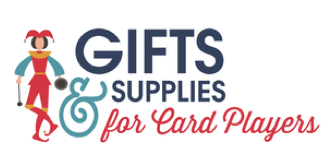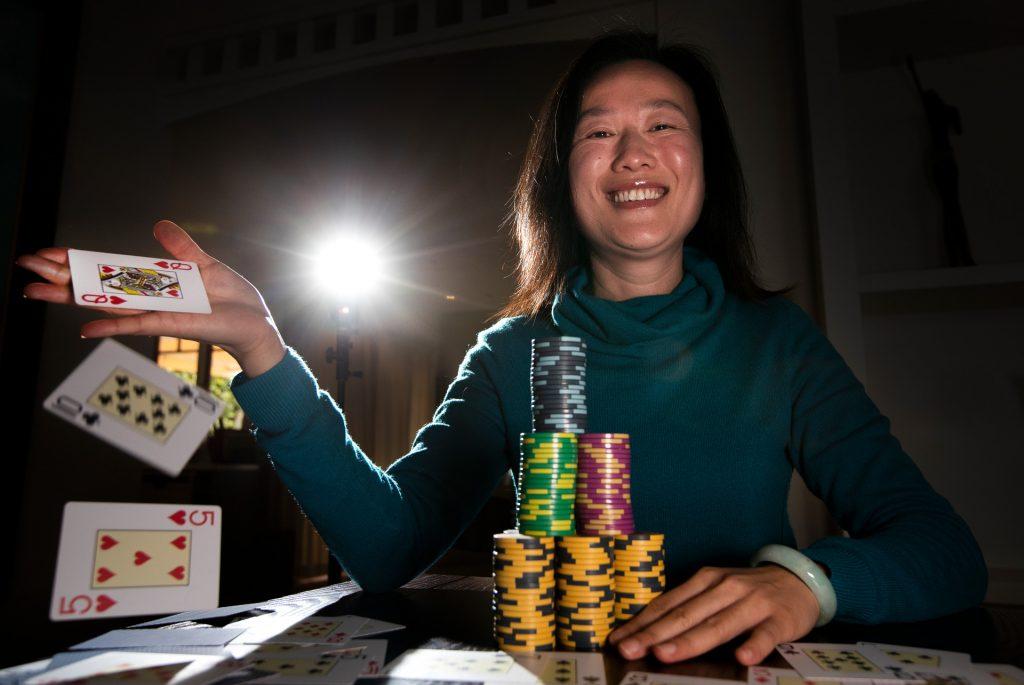Jiang Demonstrates One of the Pitfalls of Premium Hands in Texas Hold’em Poker
Premium hands in poker – the strongest pre-flop hands – statistically provide the best chance of winning in No-Limit Texas Hold’em. These potentially lucrative hands can be big pairs such as pocket aces or kings (♠♥♦♣) and high-ranked suited connectors like ♠AK. However, premium hands do not necessarily guarantee success – a point evidenced perfectly during a recent World Series of Poker tournament.
Chinese-New Zealand star Sosia Jiang was confident after being dealt ♦KQ but was defeated by ♣AK. She still bagged a bumper payout, but it could have been more.
Premium hands usually include the top 10 percent of all starting hands. They can be pocket pairs of tens or higher, big-suited connectors like ♥AK, and off-suit combinations of cards such as ♠K ♦Q.
They are strong because of their high equity and potential profitability. Besides being versatile, they can also withstand aggression. These qualities make them a reliable starting point for opening or three-betting pre-flop.
However, the odds of being dealt these hands are low. The odds of getting pocket aces are 220-to-1, while ♥AK appears roughly once every 82 hands.
To work these premium hands effectively, players must understand table position, bet sizing and their opponent’s tendencies.
Table position is critical. Playing hands such as ♠QT from the button is not impossible, but it is risky to open from early positions because you are more likely to encounter stronger hands.
Bet sizing is also important. When a player has a premium hand, bets must balance the value extracted against risk mitigation.
If the bet is too small, opponents will call with weaker hands that can hit the flop. However, raising too large can scare off potential action.
The best players observe their opponents and adjust their strategies. You can dominate tight players with premium hands because of their narrow ranges, while loose players will present opportunities to capitalise on overextending themselves.
As great as they sound, premium hands are not infallible, as Jiang recently discovered at the Triton Million. She had a strong hand with a ♦KQ and pushed aggressively, going all in against chip leader Daniel Dvoress.
Unfortunately, Dvoress had ♣AK – a superior hand in this situation. Despite holding a premium hand, Jiang was eliminated, finishing eighth overall.
This was one spot away from the record seventh-place finish by a woman, Annette Obrestad, at the WSOPE Main Event in 2007.
Jiang did not take the record, but she is a shining light to young players in New Zealand. She will inspire more women to test their skills at the best online casinos NZ.
With a whopping $1.6 million in winnings, Jiang will be happy with her performance, but her situation highlights the pitfalls of overvaluing hands such as ♦KQ.
They are strong, but these hands can shrink in value when pressed from an opponent’s tighter opening range. Players must understand and mitigate these risks when playing with a premium hand.
Players can learn many lessons from Jiang’s experience. Firstly, hand rankings need context. ♦KQ is a premium hand. However, it loses its strength in specific contexts. Against an opponent’s tight range or a stronger hand like ♣AK, these premium hands can crumble.
Stack dynamics also influence decision-making. Jiang moved aggressively due to tournament dynamics and stack sizes. If she were playing cash games or at an earlier stage in the tournament, she may have been more cautious, but pressure influences decisions when the stakes are high.
Knowing when to fold is a vital skill. Premium hands cannot guarantee victory, and folding in unfavourable spots preserves chips and extends longevity in tournaments.
Premium hands are a potent weapon but can make play predictable. They also limit opportunities to accumulate chips. Players need a more balanced strategy that mixes different types and hands while adjusting to opponent behaviour.
You need to expand your range against tight players to exploit their tendency to be overly cautious. On the flip side, you must be tight with your range against loose players to avoid marginal hands and leverage premium holdings.
Post-flop play demands players evaluate the situation carefully. Premium hands are not so attractive after a challenging flop. For example, ♥AK becomes vulnerable if the board is ♣T9 ♦J. Players must be ready to slow down, fold or push for an advantage.
Premium hands give players a statistical advantage, but overconfidence can be dangerous as players can fall into the trap of overcommitting chips. Learn to stay grounded and flexible.
Playing premium hands in Texas Hold’em is an art that requires mathematical precision, psychological insight and situational awareness. Premium hands give players a statistical edge, but you must apply context and all these tools to their value.





